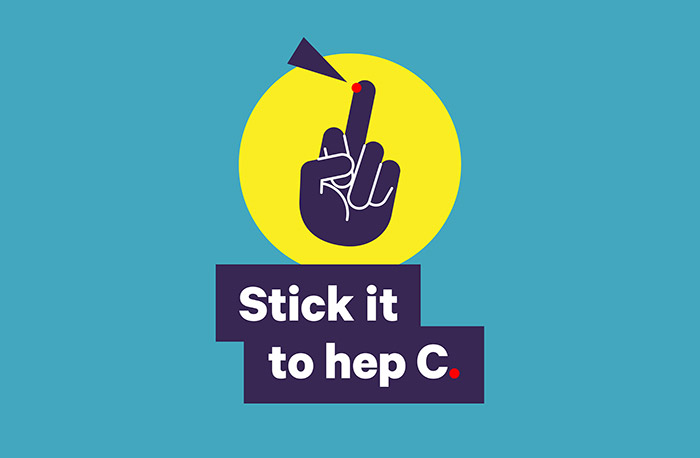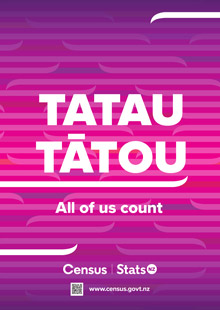
AUCKLAND, Today: VML New Zealand, alongside Statistics NZ and Health NZ, will present two behaviour change campaigns at the North American Social Marketing Conference (NASMC) in May.
The campaigns, Stick it to Hep C and Tatau Tātou: All of Us Count, were chosen by the organising committee. Managing Director Fleur Head says, “This is a golden opportunity to shine the light on a unique New Zealand approach to behaviour change on a global platform.”
She adds, “Aotearoa has a proud history of leading in behaviour change campaigns, so it’s a real privilege for us to present two of ours.”
VML Wellington will discuss their equitable approach in creating these impactful campaigns, aligning with the conference theme, ‘A dose of hope: Uniting minds, inspiring change’. Anna Gunnell, Head of Planning, and the strategic lead for both campaigns, will represent the agency.
“None of our success would have been possible without our clients and partners. They’ve enabled us to innovate and try new approaches for behaviour change. This recognition belongs just as much to them as it does to us.”

Gunnell explains, “This year’s theme aligns with our core philosophy, centred around creating genuine connections that drive positive change in Aotearoa. This belief system has enabled us to switch things up on traditional social marketing.”
She continues, “For Stick it to Hep C, we had to creatively address stigma. Instead of increasing knowledge, which could have intensified stigma, we celebrated the audience’s rebellious spirit, using attitude to combat shame.
“This campaign became New Zealand’s most talked-about social marketing initiative for 2022, with testing rates jumping 150% and positive tests soaring 1000%,” she adds.
“For Census 2023’s Tatau Tātou, we focused on the 30% minority, who were disenfranchised and mistrustful post-COVID-19, rather than the 70% majority likely to participate. By dedicating resources to resonate with them, overall census participation rose from 83% in 2018 to 90% in 2023, with significant increases in priority audiences like Māori, Pacific, and youth.”
She concludes, “None of our success would have been possible without our clients and partners. They’ve enabled us to innovate and try new approaches for behaviour change. This recognition belongs just as much to them as it does to us.”
Share this Post


